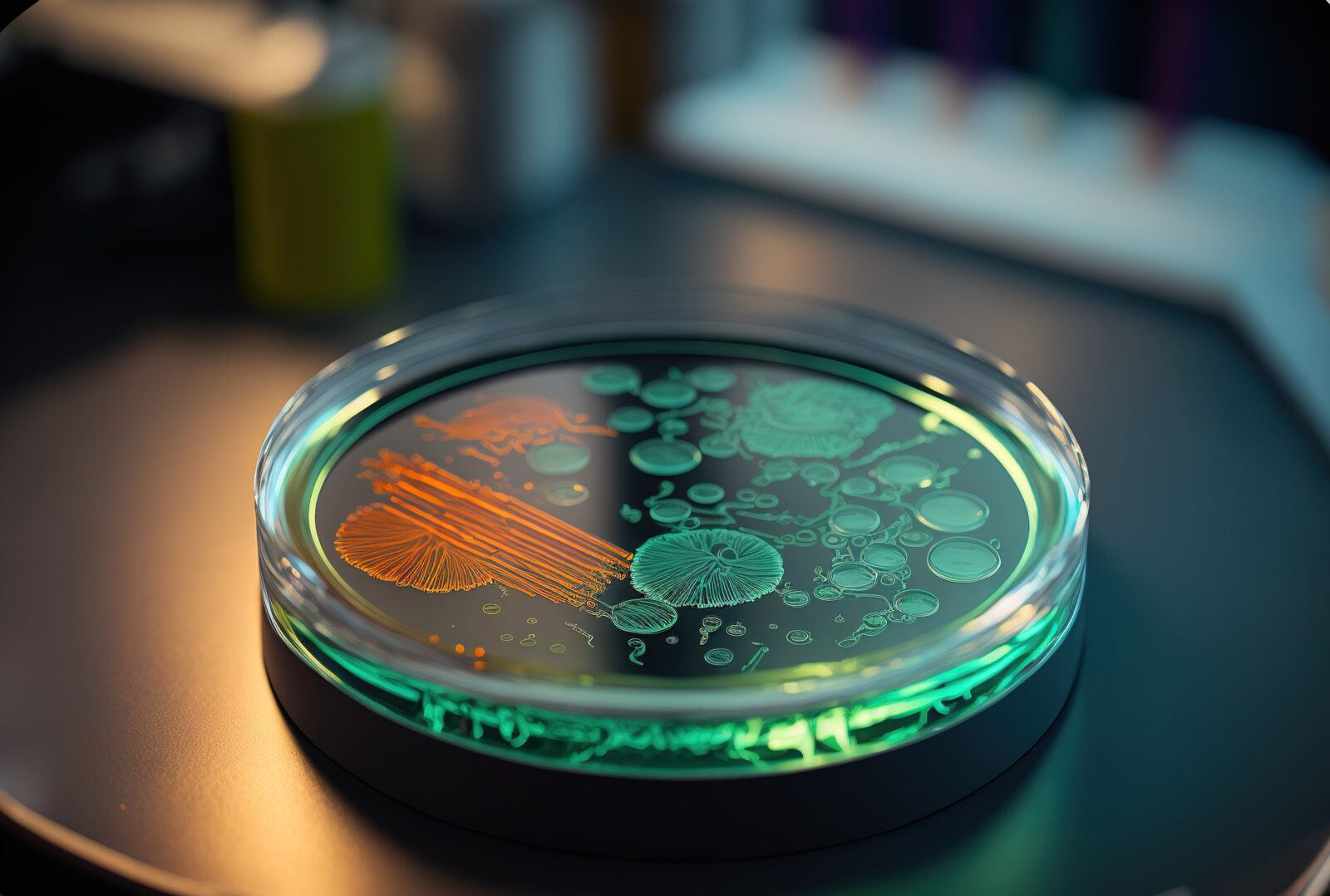James Tour and Stephen Meyer Bring Clarity to Origin of Life Debate
On this ID The Future, we kick off a series of conversations between Dr. Stephen Meyer and Dr. James Tour on the many challenges faced by origin of life researchers. Dr. Tour, a world-leading synthetic organic chemist at Rice University, has recently been engaged in a series of back-and-forth responses to attacks on his work from YouTube science communicator Dave Farina. This has given Tour a new opportunity to critique experts in the field of abiogenesis and allows an interested public to better evaluate both sides of the argument. Philosopher of science Dr. Stephen Meyer hosts these engaging conversations. Meyer is author of the 2009 book Signature in the Cell: DNA and the Evidence for Intelligent Design, which explores theories attempting to explain the origin of the first life. So Meyer is the perfect candidate to unpack Tour’s expertise and draw out key insights. In Part 1, Meyer and Tour critique the work of origin of life researcher Steve Benner. Along the way, they discuss the basic definition of life, the RNA world hypothesis, the problem with hands-on chemistry, and why the challenges facing origin of life research increase every year as our understanding of the cell grows. “What is being simulated is the need for intelligent agency to move simple chemicals in a life-friendly direction,” says Meyer, and researchers “seem utterly blind to the role of their own hand, their own mind, in achieving the results that they get, such as they are.” This is Part 1 of a four-part series of conversations. Watch the video versions of these at Dr. Meyer’s YouTube channel.
MORE RESOURCES:
Dr. James Tour’s lecture at the 2019 Dallas Science & Faith Conference: The Mystery of the Origin of Life
Dr. Tour’s video series: Addressing Abiogenesis (Season 1)
Dr. Tour’s video series continues: Addressing Abiogenesis (Season 2)
